It is proven that you are what you eat, and eating proper, wholesome and healthy foods is the easiest and quickest way to reaching that set goal. That means fuelling up your body by eating the right foods and drinking the right fluids, in the right amounts, at the right times. When it comes to eating foods to fuel your exercise performance, it’s not as simple as choosing vegetables over carbohydrates.
For instance, if you get up in the morning after eight hours of sleep, and drink a glass of orange juice, the simple carbohydrate in the juice rapidly sends your blood sugar to soaring heights. This rise in blood glucose is momentary and in turn followed by a rebound fall, leaving you feeling weak, without the necessary fuel to work out. Now, if you were to have a bowl of high-fibre cereal and skimmed milk to that glass of juice, instead of the temporary surge in your blood sugar levels, you will have a nice, steady rise and a slow fall over the course of the morning. This meal, containing simple and complex carbohydrates, low-fat protein and fibre should give you enough energy to fuel your workout while helping to keep you feeling full until lunchtime.
Breakfast Is Key
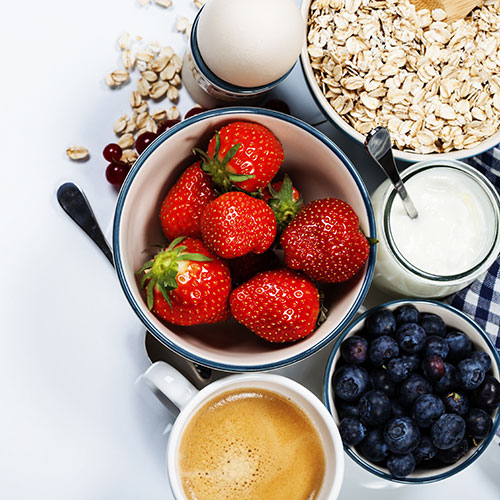
Eating a healthy and fibre-rich breakfast is especially important on days when exercise is on your agenda. Skipping breakfast can leave you feeling lightheaded or lethargic while you are working out. Choosing the right kind of breakfast is crucial as many rely on simple carbohydrates to start their day. Instead of eating sugar-laden cereals made from refined grains, try oatmeal, oat bran, or other whole-grain cereals that are high in fibre. Then, add some protein, such as milk, yoghurt, or chopped nuts.
Protein-Rich Diet
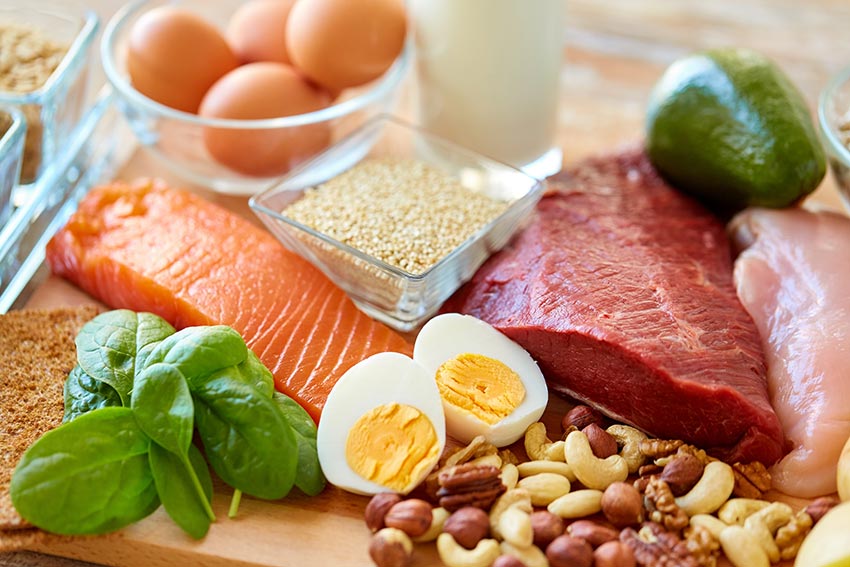
Ideally, adults need to eat about 1 gram of protein per day, for every kilogram of their body weight. Frequent exercisers may need even more than that as intake to build muscle. Choosing lean proteins that are low in saturated and trans fats are the healthiest option. Limit your intake of red meat and processed meats to once a week. That protein can come from, poultry – chicken and turkey, red meat – beef and lamb, fish – salmon and tuna, dairy – milk and yoghurt, legumes – beans and lentils and eggs.
Opt For Healthy Fats
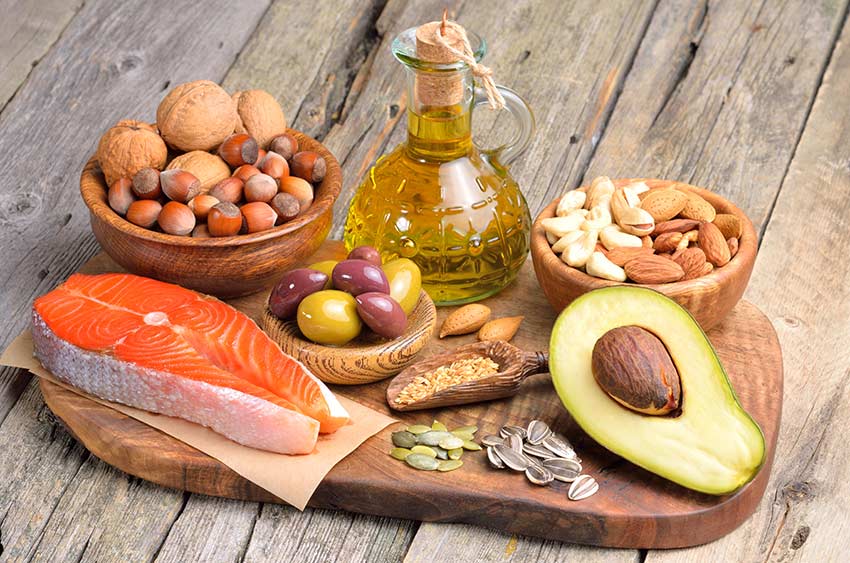
Unsaturated fats may help reduce inflammation; they provide your body with needed calories. While fat is primarily a fuel for exercise, we have plenty stored in the body to fuel even the longest workouts. However, getting healthy unsaturated fats provide essential fatty acids and calories to keep you moving. Healthy unsaturated fats are nuts – almonds and walnuts; seeds – chia seeds, flax seeds and pumpkin seeds; avocados, olives, oils – olive oil, and flaxseed oil.
Don’t Forget To Hydrate
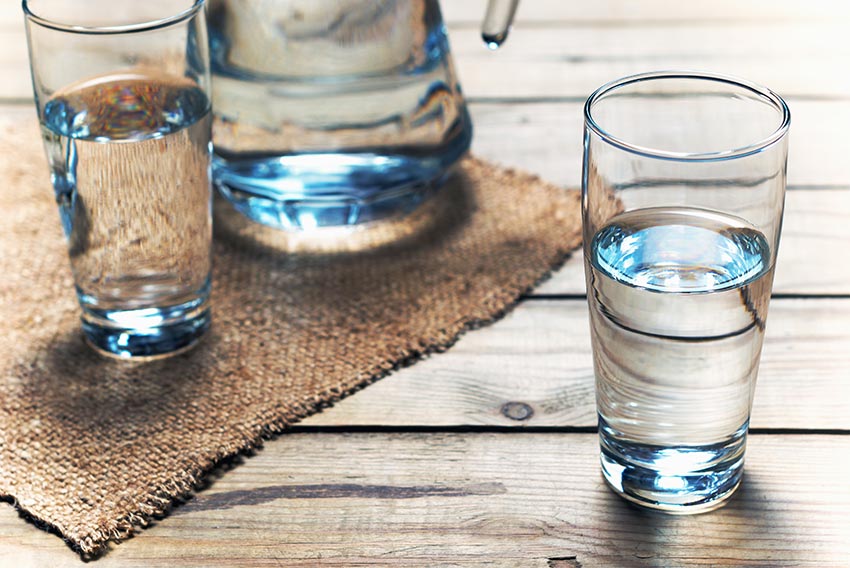
Whether you’re a professional athlete who trains for several hours or you have a low to moderate routine, keep your body hydrated with small, frequent sips of water that add up to at least 3 litres of water a day.
Eat the Rainbow
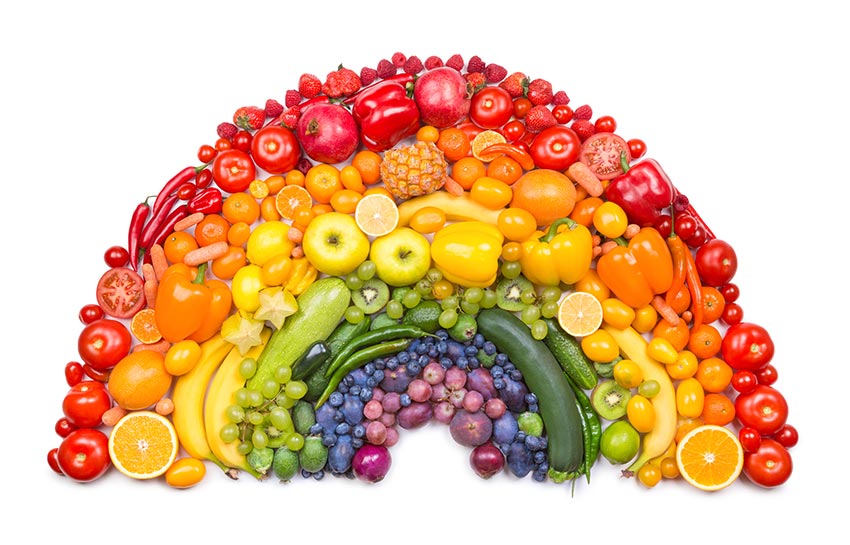
Try to ‘eat the rainbow’ by choosing fruits and veggies of different colours. This will help you enjoy the full range of vitamins, minerals, and antioxidants. Every time you go to the grocery store, consider choosing a new fruit or vegetable to try. For snacks, keep dried fruits in your workout bag and raw veggies in the fridge.

